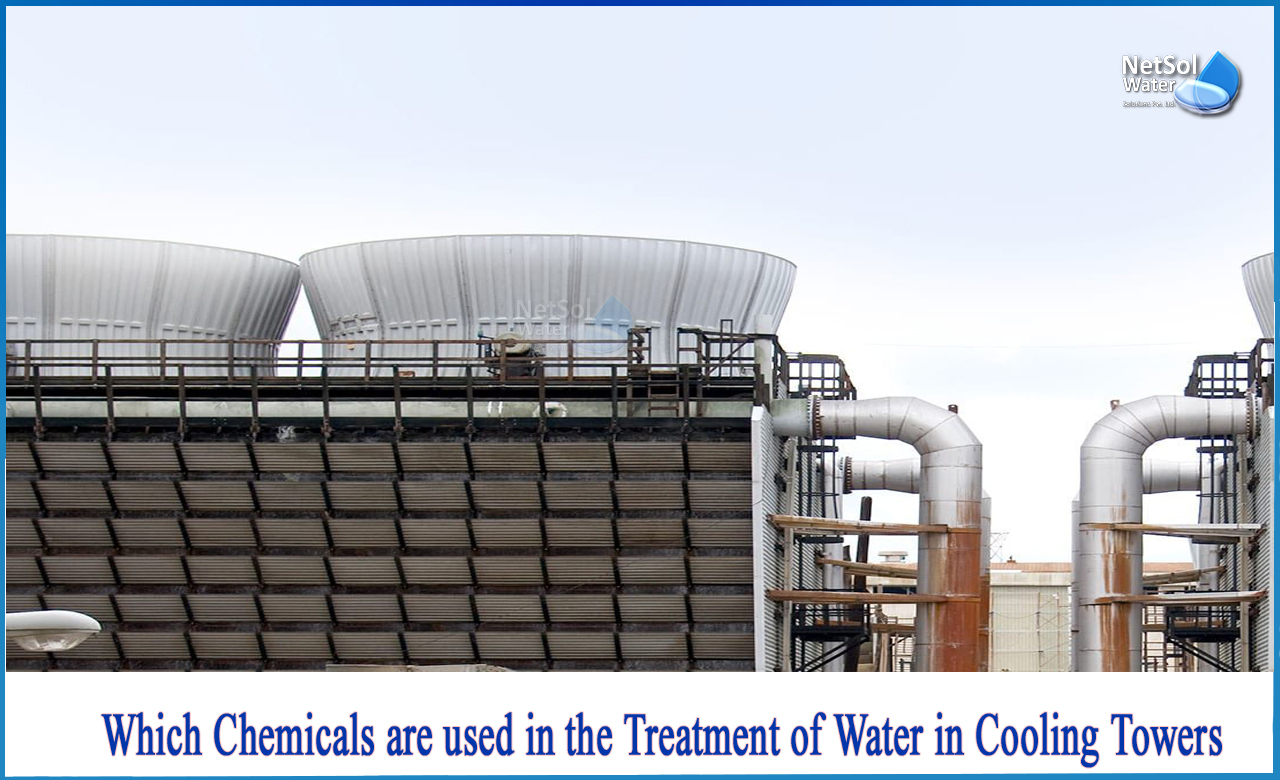Role of chemicals used in cooling tower water treatment
Heat exchange is used to power cooling towers. Water is constantly pumped throughout the system, and when it reaches the cooling tower, it is exposed to the air due to industrial activities, resulting in evaporation. This lowers the water's temperature to the point where it can be recirculated and used for cooling. Of course, this evaporation cycle demands that the water supply be replaced on a regular basis. The water that is fed into the cooling system, on the other hand, is often contaminated, which can lead to scale and corrosion. These problems are addressed and prevented by the chemicals used by water treatment companies.
To keep your cooling tower running safely and reliably, you'll need to implement a regular water treatment program. Choosing the right chemicals for cooling tower water treatment can help you achieve the following goals:
i) Keep your water efficiency high.
ii) Corrosion and scaling are reduced.
iii) Improve the efficiency of cooling towers.
iv) Increase the system's lifetime.
A professional water treatment expert can examine your individual water situation and advice you on which chemicals are most needed, but having a basic understanding of your options will make the procedure go more smoothly.
Which chemicals are used in the treatment of water in cooling towers?
Chemicals in the water are beneficial to nearly all cooling towers and HVAC systems. These chemicals, which vary in function and type, serve a variety of reasons, the most important of which is to extend the life of the cooling tower and prevent concerns such as fouling, corrosion, and Legionella over time.
The following are the most commonly utilized chemicals in cooling tower water treatment:
1: Scale and corrosion inhibitors - These compounds are used to decrease or eliminate pollutants in your water supply, such as minerals, which can cause clogs and deterioration in your pipe system.Bicarbonates are the most frequent corrosion inhibitors. By neutralizing acidity in the water, these compounds protect metal components. Bicarbonates directly combat corrosive substances like chlorides and sulphate, which eat away at the structure and components of a cooling tower over time.
2: Treatments for closed-loop systems - Issues like oxygen pitting are typical in closed-loop systems. To avoid this type of corrosion, a variety of substances can be utilized.
3: Biocides - are chemicals that are used to prevent the growth of potentially hazardous microorganisms.These can help to remove any remaining living matter in a cooling tower, enhancing the system and ensuring clean and effective water utilization. When it comes to water biocides, bromine is one of the most popular options.
4: Organic dispersants - These water treatment chemicals for cooling towers can be used to avoid fouling and biofilm formation.
5: Chlorine dioxide - This chemical can be used as a disinfectant to kill bacteria and stop them from growing again.
Conclusion
The necessary cooling water conditions must be set and then maintained at all times to ensure that such cooling towers are properly maintained and perform at maximum efficiency. This can be accomplished with the help of carefully chosen cooling tower water treatment chemicals.
How can we help you?
Netsol Water expert specialists have years of experience in this field and would be pleased to assist you in reviewing your present water treatment needs and giving thorough recommendations to improve the performance of your system. Our water treatment experts can assist you in determining the best option for your needs, situation, and budget.
We can help increase the performance and efficiency of your cooling towers with our water treatment expertise and comprehensive array of chemical products. Contact us today to learn more about the chemicals used in cooling tower water treatment and our approach to assisting our clients.
Call us on +91-9650608473;
Or, write us at enquiry@netsolwater.com



